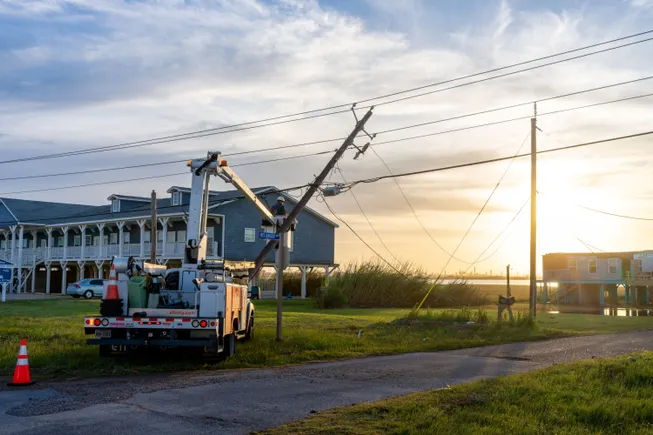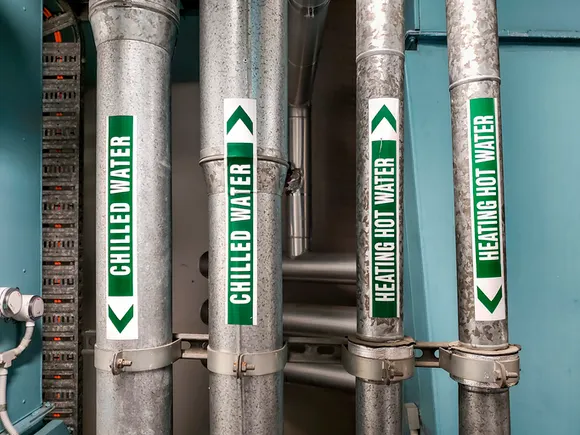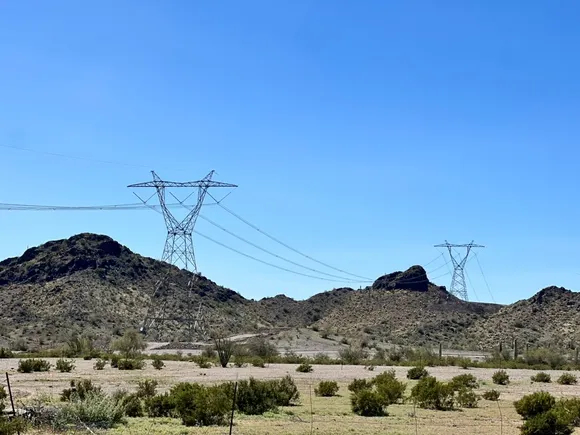
Dive Brief:
- The Federal Energy Regulatory Commission and other federal agencies on Monday revoked regulations governing their handling of environmental reviews of proposed projects under the National Environmental Policy Act.
- Federal agencies revoking their NEPA regulations include the Department of Agriculture, the Department of Energy, the Department of Interior, the Department of Transportation and FERC.
- Some agencies proposed new regulations to replace the old ones while others replaced the rules with nonbinding guidance, according to Earthjustice. “In all cases, the regulations significantly weaken the implementation of the statute by cutting the public out of NEPA reviews and eliminating all references to consider climate change, environmental justice, and other crucial environmental issues,” the environmental advocacy group said Monday.
Dive Insight:
The action was in response to an executive order issued by President Donald Trump that aims to spur energy development, including by rescinding the Council on Environmental Quality’s NEPA regulations. It also follows a unanimous Supreme Court decision in May limiting the scope of such environmental reviews.
CEQ, the White House office that oversees NEPA implementation, removed its NEPA regulations from the Code of Federal Regulations through an interim final rule, effective April 11. That action created “significant legal uncertainty” for project developers, according to attorneys with Foley & Lardner, a law firm.
“Until federal courts establish a new ‘doctrine’ for sufficiency of NEPA review in the post-CEQ NEPA regulations world, the future for NEPA lawsuits will likely be fact- and court-specific, potentially leading to variation between circuits and greater uncertainty for infrastructure projects,” John Strom, special counsel, and Peter Tomasi, partner, said in a Feb. 25 blog post.
FERC on Monday issued a 20-page staff manual outlining its revised procedures for its environmental reviews for natural gas pipelines and other projects. The change enjoyed unanimous support from FERC’s four sitting commissioners — evenly divided between Republicans and Democrats.
“We will continue to ensure our environmental reviews are legally durable so projects stand up in court and get built,” FERC Chairman Mark Christie said in a statement.
Environmental reviews can take years to complete. It took DOE a median time of 2.2 years to complete environmental impact statements over a three-year period starting in 2021, down from 3.8 years from 2017 to 2021, according to a regulatory impact analysis of the department’s issuance of an interim final rule changing its NEPA requirements. Last year, DOE finished 60% of its EIS reviews in under two years compared to 37% from 2021 to 2024, the department said.






















